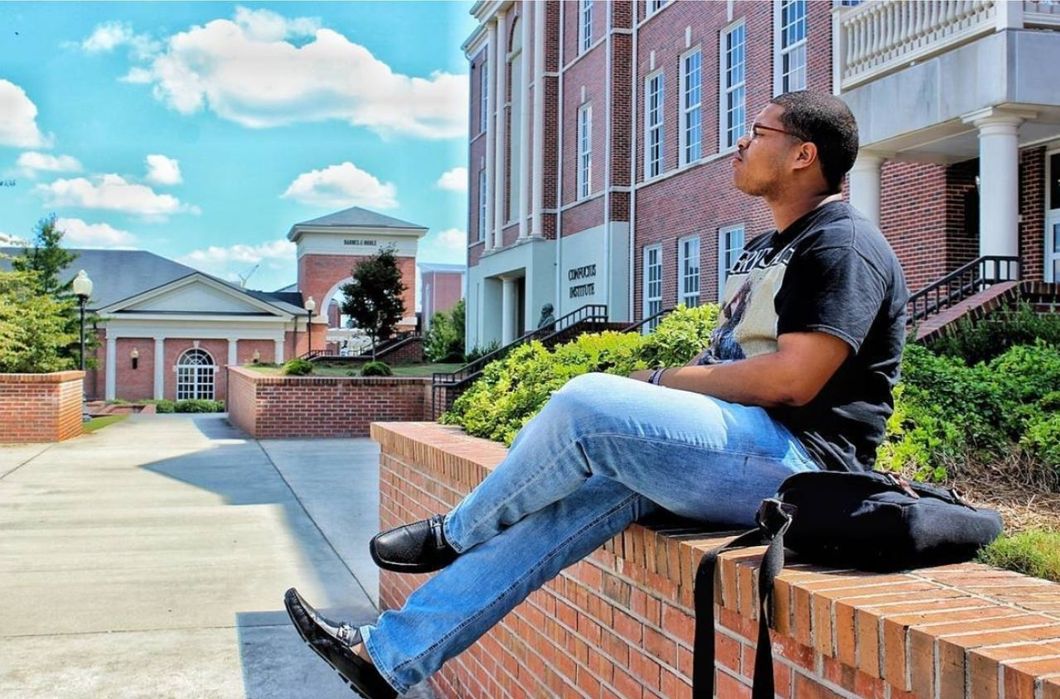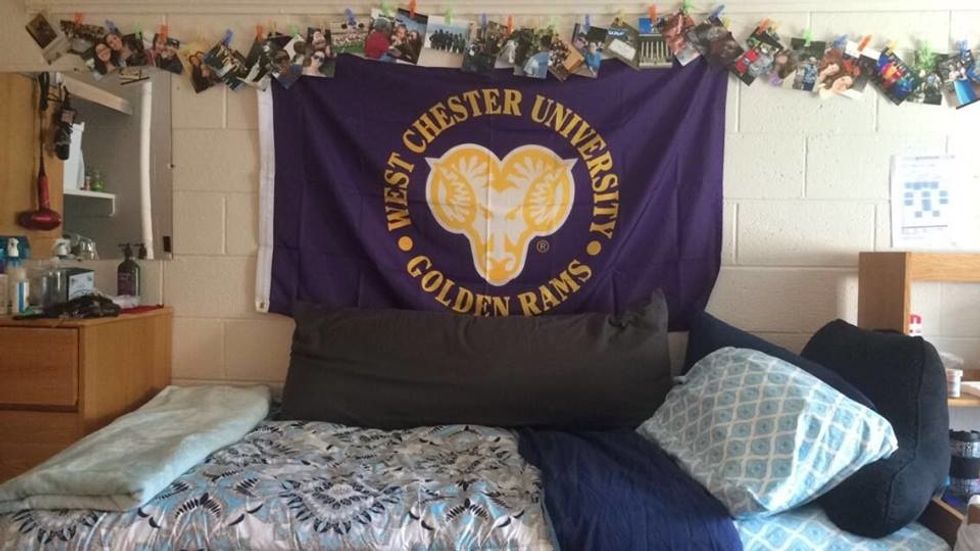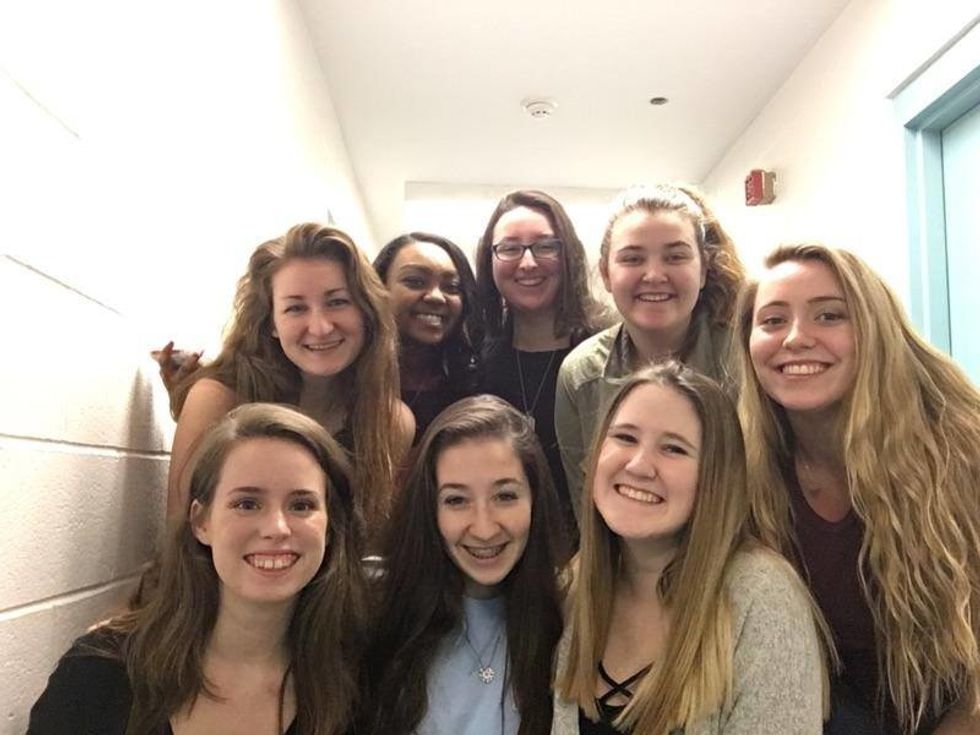'Bird Box' Can Teach Us A Few Valuable Lessons About Humanity
There's more to it than just the blindfolds.
Spoiler alert: if you haven't watched "Bird Box" and don't want to know the details, wait to read this article. If you haven't watched "Bird Box" and you don't care about spoilers, full speed ahead, my friend.
I love thrillers just as much (if not more) than anyone. There's some sort of thrill about being on the edge of your seat for a while, and Netflix's new release "Bird Box" is no exception. The movie was inarguably popular. Within just seven days, "Bird Box" broke the record for Netflix's number of views following a release.
45,037,125 accounts watched "Bird Box" within the first week, and that's just the number of accounts - who knows how many people were actually watching!
I can (proudly?) say my account is included in that number. Whenever I sit down to consume any kind of artistic work, I give it my all to go into the experience with an open mind. "Bird Box" wasn't exactly what I expected, but I will put it up there on the list with some of my all-time favorite thrillers ("Gone Girl," "Inception," "Get Out," "The Sixth Sense," "Silence of the Lambs"). Though it may take a while for it to climb up to my number one spot, I definitely respect and enjoyed the film.
One aspect left me wanting more though - what exactly were the "monsters?" (For lack of a better term, I'm going to stick with "monsters" throughout this article.) Where did they come from? How did they get to Earth? What do they want from humans or the planet? What drove them to this destructive behavior? And, most importantly, what do they look like?! Sure, we all know the monsters at least had the same voice as loved ones, and maybe they looked like the loved ones as well. But why would that lead the people to commit suicide?
Maybe some things are better left unsaid, though those of us with inquiring minds disagree. Does the inexplicable form and intentions of the monsters make the concept all the more frightening? I would say it does, but that doesn't mean I wouldn't have liked a little bit more explanation at the end.
"Bird Box" did teach me and (hopefully) its other viewers an important lesson - humanity relies on earned trust, collaboration, and responsibility.
Think about it. When did the characters survive? When they chose to work together and lean on each other for support. Obviously, the children needed Malorie (Sandra Bullock's character) to make it down the river to safety, but Malorie wouldn't have made it that far if not for the birds' warnings and Tom's sacrifice. Those who either ignored their fellow survivors or chose to try and make it on their own ended up dying in the end.
Even strong-willed, independent Malorie realizes how much she depended on Boy and Girl once they finally reach safety. The children's dehumanization for years finally ended after Malorie named them Tom and Olympia, respectively. In the end, Malorie understood how her survival was dependent on her fellow survivors in the house, the children, and her lover Tom. The characters in "Bird Box" gradually learned how to protect each other.
They chose to take on responsibilities they didn't have to because they cared about each other's survival and, ultimately, the continuation of the human race.
If this isn't true empathy, then I have no clue what is.
When Malorie and the children finally reach the safe haven, I began to wonder how they could all survive for so long in a world full of the monsters. Sure, the people who are blind have immunity to the monsters, but how would they continue to find food and water for those who could see?
There are so many unanswered questions that came out of watching "Bird Box" I can't help but wonder if there will be a sequel or prequel to the film. I guess all we can do is wait until it's safe to take our blindfolds off.
For now, it's fun to watch other people's ideas of what (or who) was really behind "Bird Box." If you want a good laugh, check out Nerdist's theories HERE.


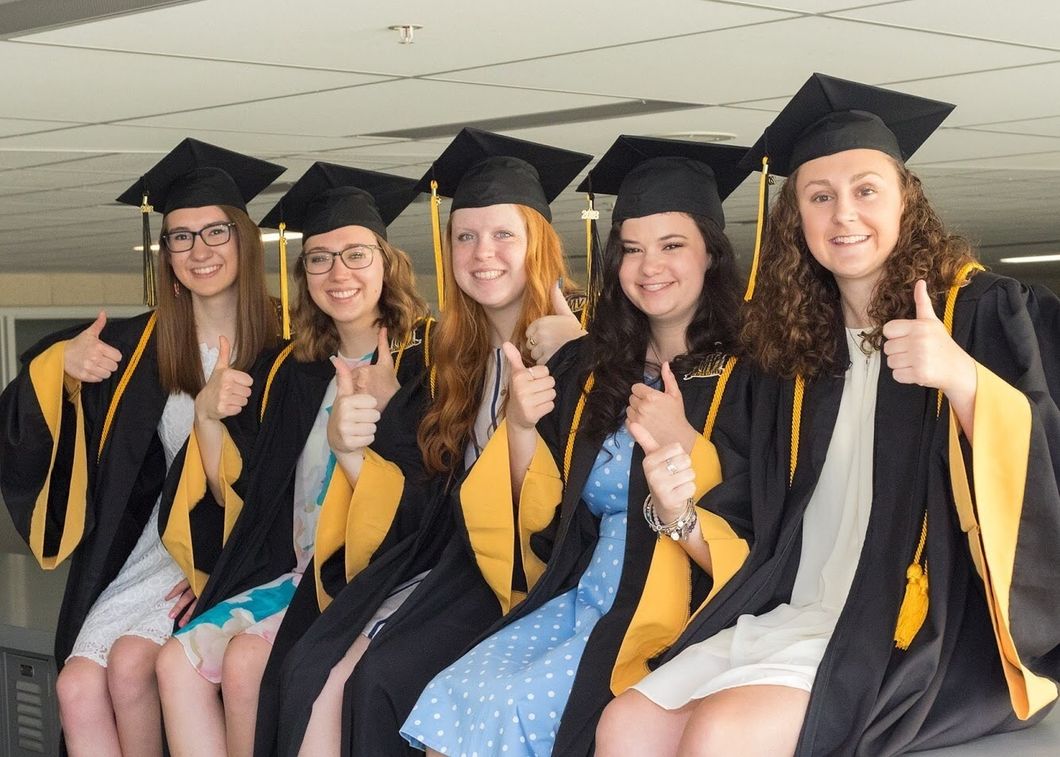
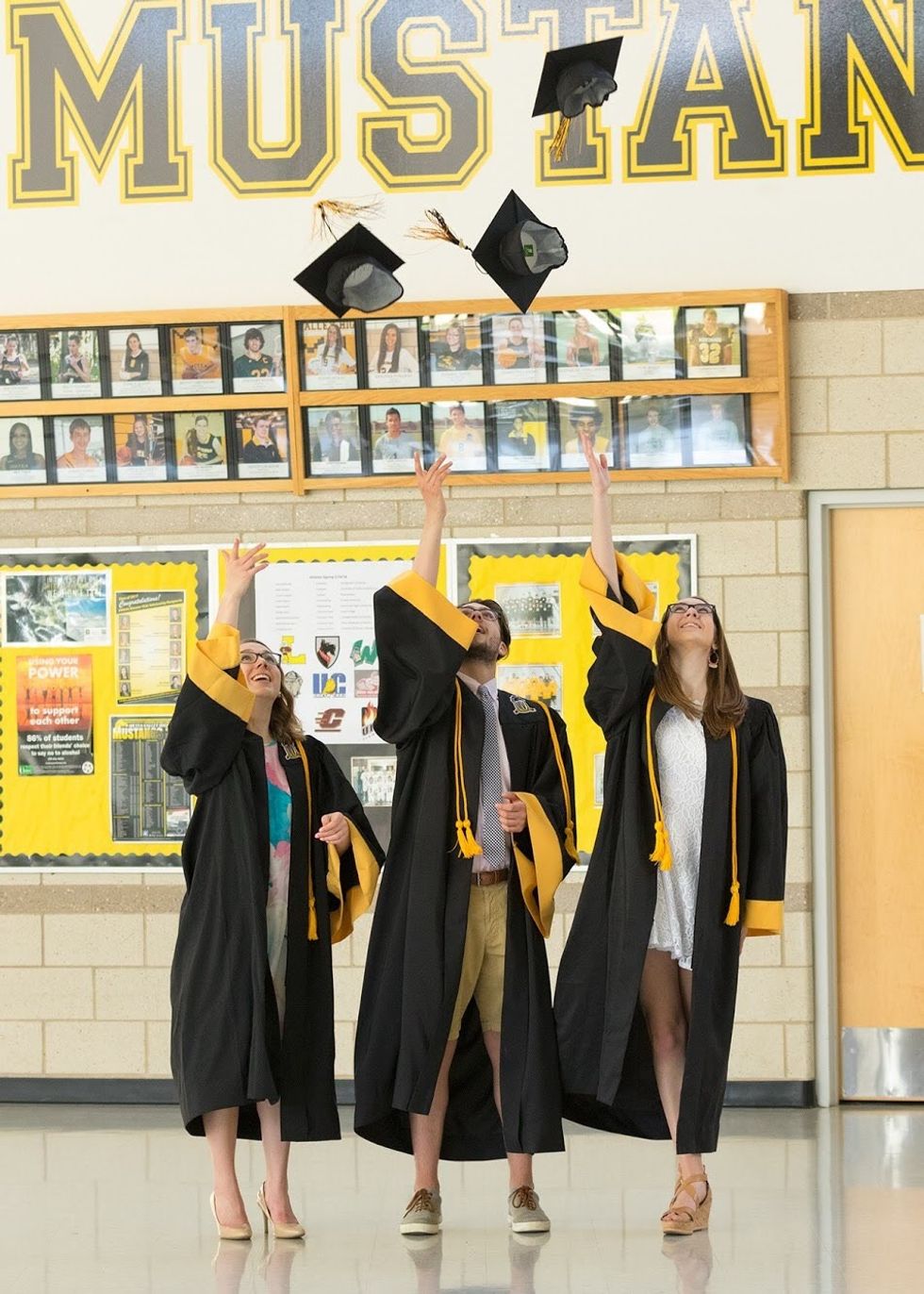 Amanda Brennan
Amanda Brennan
